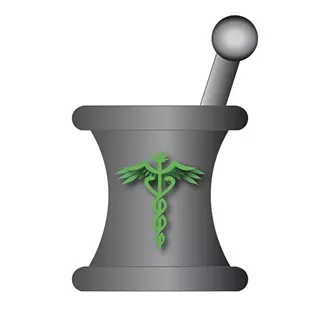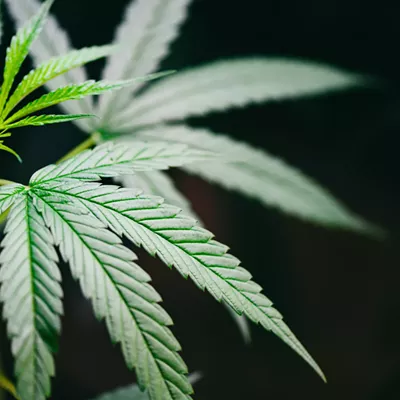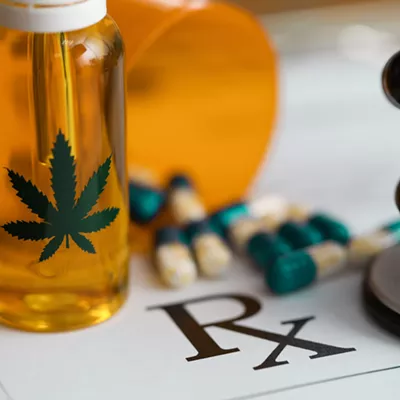Thankfully, I've only had two migraines in my life—both when I was a freshman in high school, and both immediately after biology class.
I'm pretty sure my migraines were environmental, since both came after I was dissecting animals steeped in formaldehyde. I haven't had one since, although a couple of times, I have had that sketchy eye effect, where you have blind spots, and things seem a little fractal or something.
It's hard to describe the pain of a migraine. I remember sobbing on the couch, wondering if my brain was actually physically changing, convulsing into some new arrangement that would leave me permanently locked in the vise of debilitating pain that obliterates everything else.
Stacey is a medical-marijuana patient who spoke at a state Department of Health Services hearing on May 25. The state—as discussed previously in this space—is considering adding depression and post-traumatic stress disorder, as well as migraines, to the list of diseases that medical marijuana can treat. Stacey was locked in that aforementioned vise for most of her life—until she got a medical-marijuana card for another condition and found that the cannabis helped.
"Before medicating with cannabis, having a migraine would mean coming home from work, spending time in the bathroom being sick, and secluding myself in a dark bedroom for the evening, and sometimes for days," she said during the hearing. "My daughter was forced to fend for herself."
The pain left Stacey unable to work, drive or even listen to her daughter's voice. She tried many drugs, but they either didn't work, or worked only when the migraine was starting. There were a lot of side effects. Then, last year, after getting an MMJ card, she decided to try it for a migraine.
"Within minutes, I could function as a mom to my daughter. (I was) able to make her meals, function to take care of her, and most important, tolerate the sound of her voice," she told DHS.
Regular cannabis use has also prevented Stacey's migraines. Although some migraine-sufferers qualify for MMJ under chronic pain, adding the illness directly would eliminate confusion among patients and leave no doubt that they qualify, Stacey said.
Charise Voss was diagnosed 25 years ago with severe migraines. Her daily headaches prevented a normal life.
"I had a doctor tell me I could do three things—I could have Botox injected directly into my brain stem; I could have surgery; or I could smoke pot. ... I chose surgery, and it didn't work," Voss said at the hearing.
She tried dozens of medications—four of them daily. But the headaches still came, and the pain left her unable to function. Then, a visiting friend urged her to try marijuana, which she had never smoked, because she thought it was wrong. But she tried it.
It worked.
"A year later, I am off all my prescription drugs—my daily medications, my antidepressants, my narcotic pain relievers. I only use marijuana. I have no side effects, and for the first time in my life, I am pain-free," she said. "For me, this was a big moral conflict, because of my upbringing. I never thought I would be here today to be an advocate for marijuana, but what we need is a choice."
Dr. Don Hill, a Casa Grande oncologist, also urged DHS officials to add migraines. He started studying cannabinoids in 2006. Migraines are caused by two vascular effects—spasms and dilation. He sees anecdotal evidence hinting that we should allow cannabis for migraines.
"Unfortunately, we do not have hard, evidence-based medicine regarding this issue. ... What we do have are anecdotal reports," he said. Those show effective treatment of migraines, so Hill also urged the state to add migraines to the list of MMJ conditions.
I'm not a doctor, and I've never played one on TV, but I've had a couple of migraines. I wouldn't wish one on my worst enemy, and if there is a treatment out there that helps people who have them, we should let them use it.
'Nuff said.








